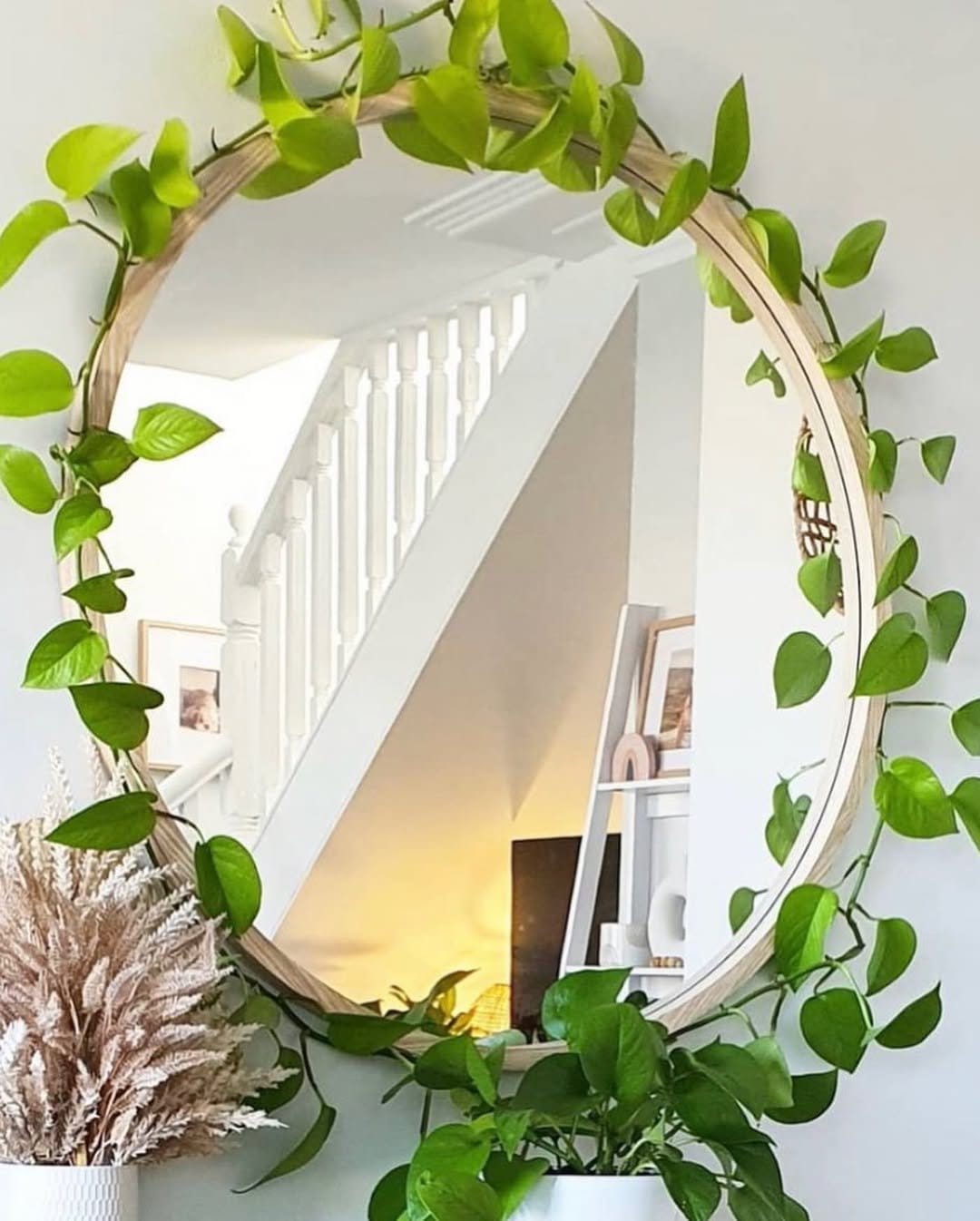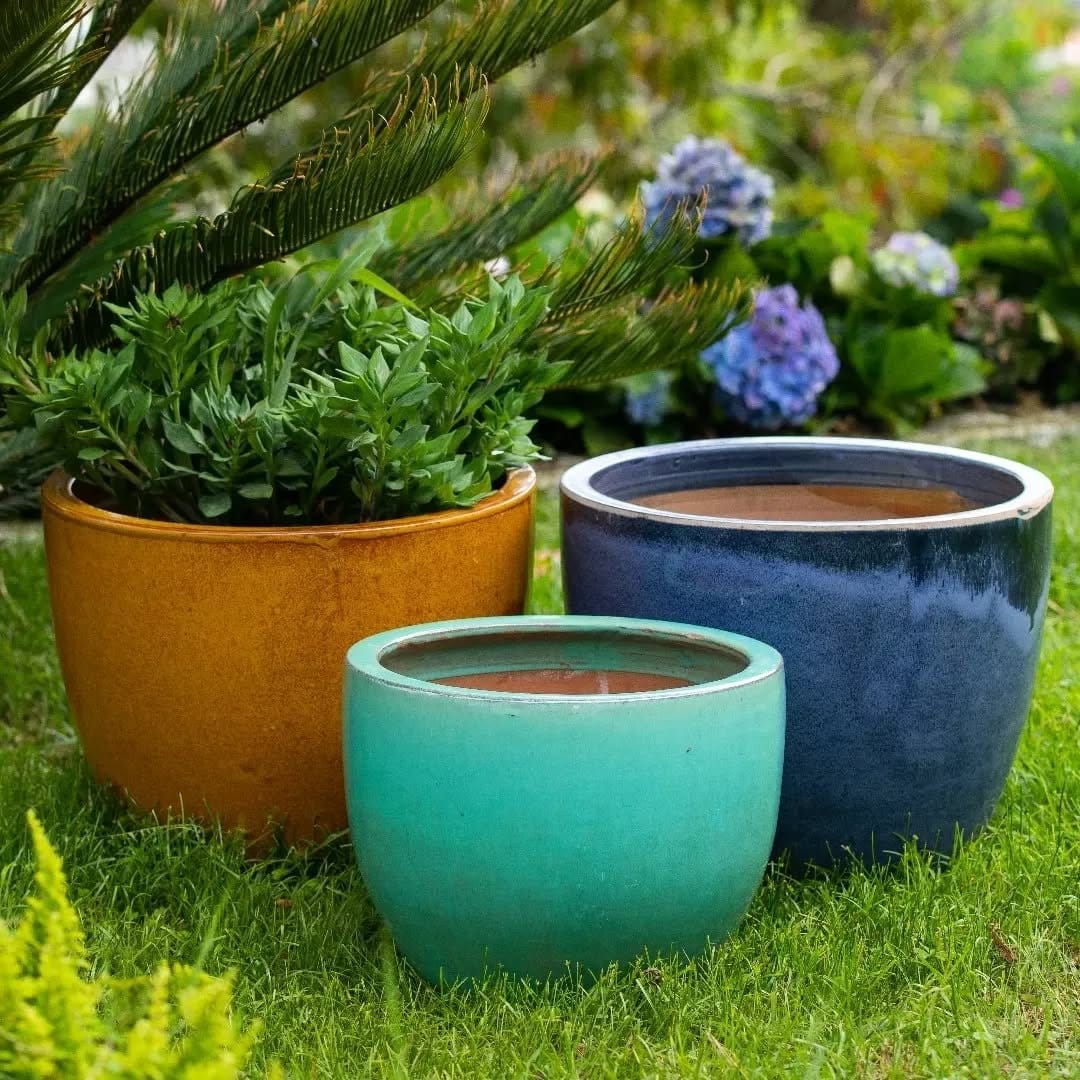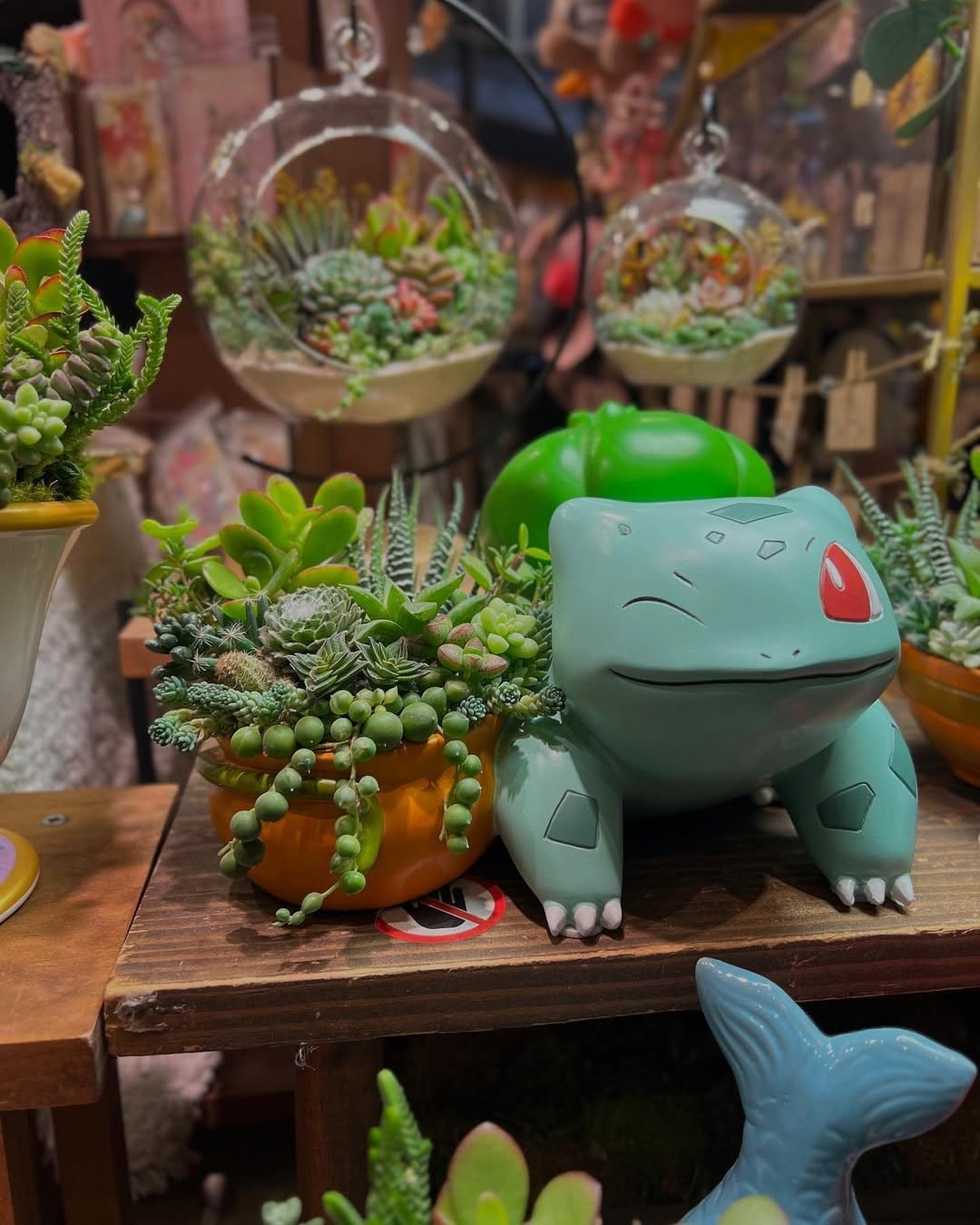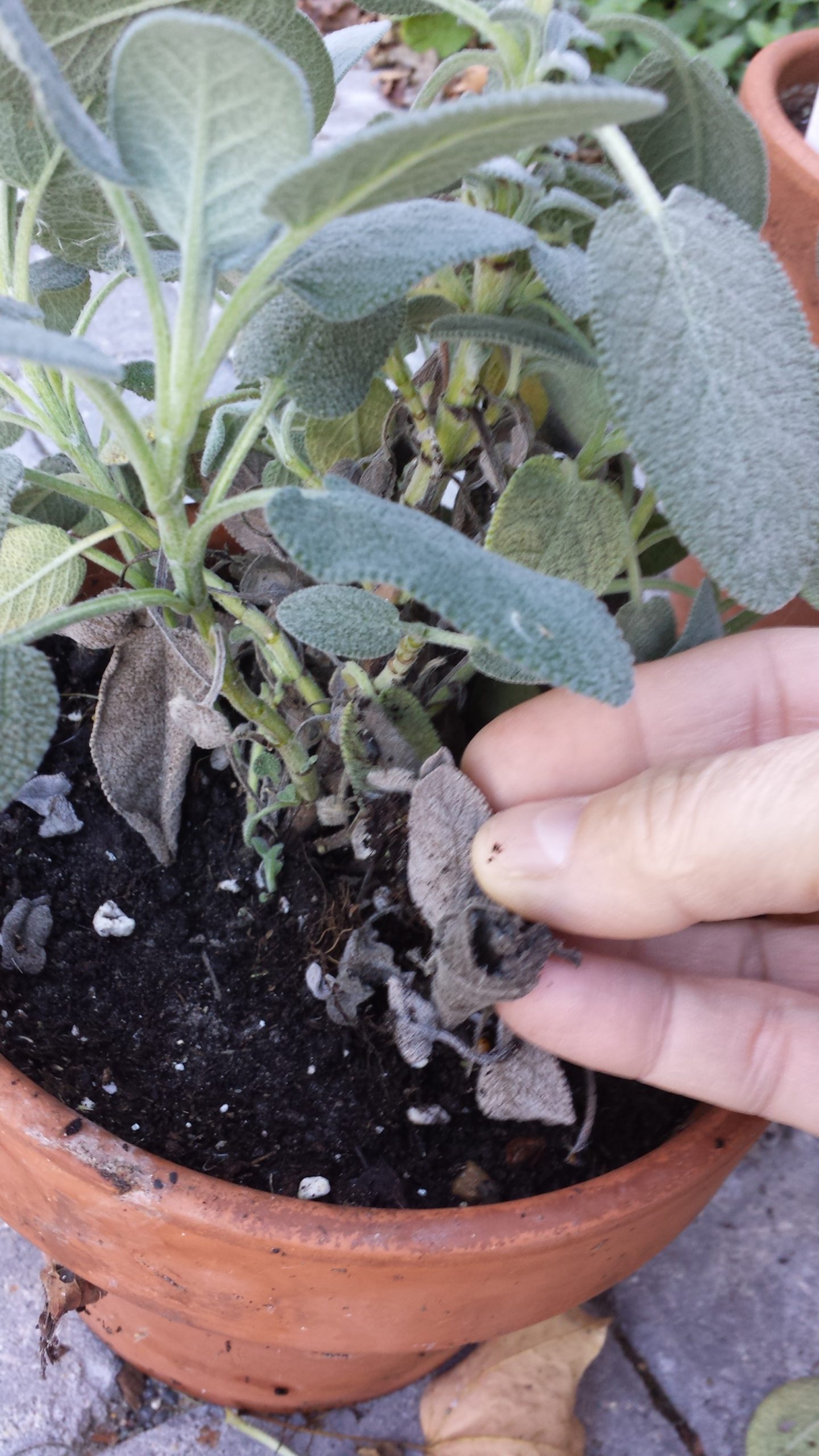Introduction
Transform your indoor jungle into a pest-free haven with these natural remedies for houseplant pests. Not only do these solutions help maintain lush greenery, but they also ensure your home's air stays fresh and inviting. Say goodbye to chemicals and hello to nature's own defenses. From homemade sprays to companion planting, discover how to keep your plants healthy and vibrant.
1. Neem Oil Solution

Source: @sentierfleuri_fes_casa
Neem oil is a powerful natural pesticide that targets a wide range of pests. Mix a teaspoon of neem oil with a quart of water and a few drops of dish soap. Spray it on the leaves of your fiddle leaf fig to eliminate aphids and mites. This oil doesn't just deter pests; it also adds a shiny, healthy look to your plant's leaves. Ensure your plant is in bright, indirect light and water when the topsoil is dry.
2. Garlic Spray

Source: @plantorbit
Garlic isn't just for the kitchen—it's a potent pest deterrent too. Blend two cloves of garlic with water, strain, and spray on your spider plant. This mixture helps repel spider mites and aphids. Spider plants thrive in bright, indirect light and prefer to be watered when the soil feels dry. The spray leaves your plant looking fresh and vibrant, adding a rustic charm to any room.
3. Diatomaceous Earth

Source: @botanicalheaven_
Dusting diatomaceous earth on the soil surface of your peace lily can keep crawling insects at bay. This natural powder dehydrates pests, ensuring they stay away. Peace lilies prefer low to moderate light and need to be watered when the soil is barely moist. The diatomaceous earth provides a subtle, natural look to your plant's base, enhancing its minimalist appeal.
4. Essential Oil Spray

Source: @casa.de.flores.sy
Create a simple spray using peppermint or tea tree essential oil mixed with water to deter pests like aphids and mites. This aromatic solution not only protects your English ivy but also fills your home with a refreshing scent. English ivy thrives in bright, indirect light and requires regular watering to keep the soil slightly damp. The trailing vines bring a lush, cascading effect to any space.
5. Companion Planting

Source: @pharmunique
Pairing plants like basil and marigolds with your indoor collection can naturally repel pests such as whiteflies and aphids. Basil enjoys sunny spots and regular watering, while marigolds thrive in bright light and well-drained soil. Together, they create a vibrant, colorful display that not only beautifies but also protects your plant collection.
6. Soap and Water Spray

Source: @plantlifelove_1
A simple mixture of mild liquid soap and water can be used as a spray to tackle soft-bodied insects like aphids on your pothos. This solution cleans and protects the leaves, leaving them shiny and healthy. Pothos are low-maintenance and thrive in low to bright indirect light, adding a lush, vintage touch when styled in a metal can.
7. Eucalyptus Oil Deterrent

Source: @belnco.design
Utilize eucalyptus oil to deter pests with its strong scent. A few drops in a diffuser or spray bottle can keep your indoor plants pest-free. Eucalyptus in a glass vase adds a fresh, minimalist touch to your decor while naturally repelling insects.
8. Coffee Grounds Barrier

Source: @gaiapotteryofficial
Sprinkle used coffee grounds around the base of your jade plant to create a natural barrier against pests like slugs and ants. This technique not only deters bugs but also enriches the soil with nutrients. Jade plants thrive in bright light and require watering only when the soil is completely dry, making them an easy-care option for any home.
9. Citrus Peel Infusion

Source: @a_flowery_affair
Using citrus peels to infuse water creates a natural pest repellent. Spray the solution on your plants to deter pests like aphids. The fresh scent and bright colors of citrus add a lively touch to any plant display, making it visually appealing while keeping bugs at bay.
10. Baking Soda Mixture

Source: @theopulentsucculent
Combine baking soda with water to create a spray that helps prevent fungal growth and deter pests. This solution is perfect for succulents, which thrive in bright light and need infrequent watering. The geometric planter adds a modern, minimalist touch, making it a stylish addition to any room.
Final Thoughts
Natural remedies offer safe and effective solutions for keeping houseplant pests at bay. By using these methods, you not only maintain the health of your plants but also create a serene and chemical-free environment. Embracing these natural strategies allows your indoor garden to flourish, ensuring your home remains a vibrant, inviting space. Whether you're a seasoned plant parent or just starting, these tips will help you cultivate a thriving, pest-free indoor jungle.
